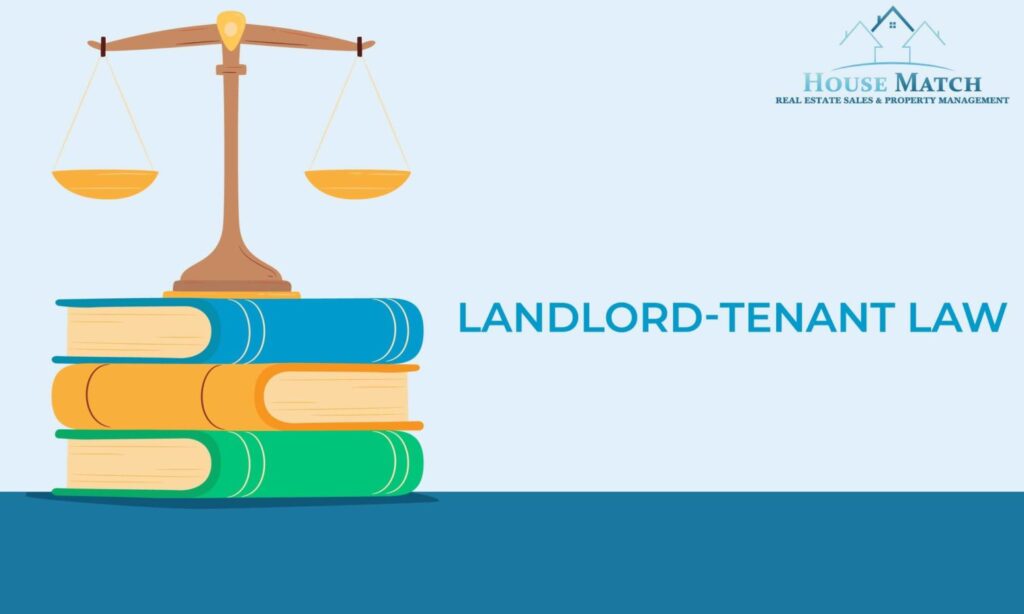
Being a landlord isn’t just collecting rent checks. Residents and landlords have important rights and obligations. A critical element for you to be a successful landlord is compliance with state and federal regulations governing the landlord-resident relationship. Many landlords do not fully understand their rights or legal obligations, and this can be very dangerous. According to a recent survey conducted by Zillow, as much as 50% of surveyed landlords do not know basic rental laws. If a landlord-resident dispute arises you need to be prepared and understand your rights and obligations because a lot is at stake.
There are a lot of federal, state, and local laws that govern the rental industry and the landlord-resident relationship. This makes it critical to understand the laws. You must know what you can do, and what you cannot if a dispute arises. The Landlord-resident law “governs the rental of commercial and residential property. It is composed primarily of state statutes and common law” (Legal Information Institute). These laws are established to protect both landlords and their residents. Some cities have specific ordinances regarding landlord-resident rights as well. Each laws will vary slightly from state to state.
Here are the basics of the Landlord-resident law:
- Do not discriminate during the resident selection process: Federal law prohibits discrimination in housing and the rental market. See Civil Rights Act of 1866 & 42 U.S. Code, Chapter 45, Federal Fair Housing Act for more information.
- Security Deposit: Every landlord has the right to charge their resident a security deposit. The security deposit doesn’t actually belong to you. After the rental period is over, you will need to return the security deposit. You can deduct money from the deposit if the resident has damaged the rental unit.
- Warranty of Habitability: This requires a landlord to substantially comply with building & housing code standards. Housing codes were established to ensure that residential rental units were habitable at the time of rental and during the tenancy.
- Quiet enjoyment of the property: ensures that the resident will not be disturbed by someone with a superior legal title to the land including the landlord.
- Eviction: landlord barring a resident from using the property, usually due to the resident materially violating the lease and/or not paying the agreed-upon rent.
- Notify residents in writing if the property changes ownership.
- Do not restrain the resident’s access to the property, nor turn off utilities.
If understanding all the federal, state, and local laws is becoming a hassle, a property management company can help. When choosing a property management company you want someone that you can fully trust. The property management company that you hire must know the laws associated with renting out a property. At PURE Property Management, we have the knowledge, experience, and resources needed to manage your property.
This blog post is for informational purposes only and not to provide legal advice.
Always consult your appropriate legal jurisdiction authority before acting.
